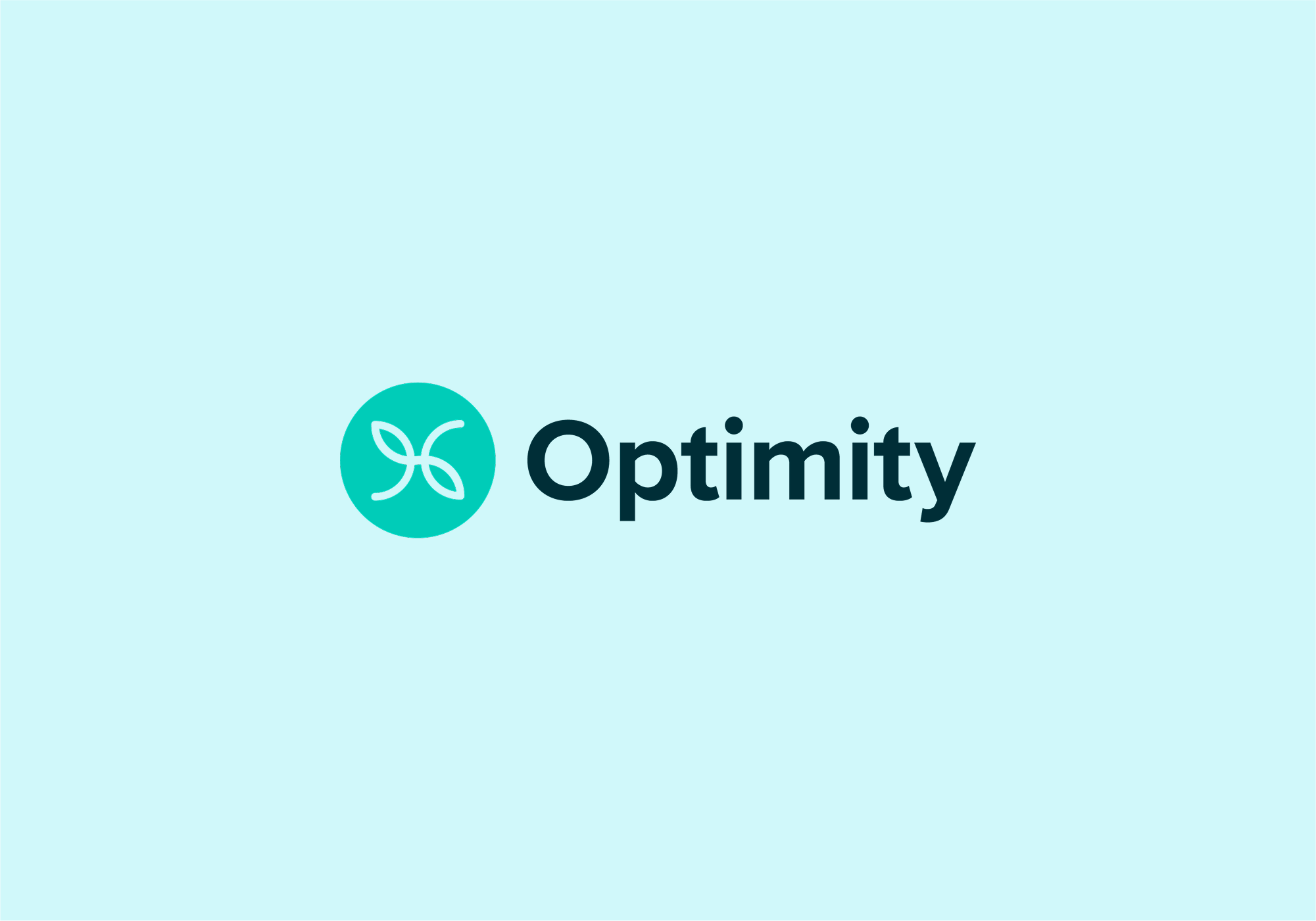How to Improve Productivity in the Workplace by Decreasing Stress (Webinar Recap)
Posted by Tasneem Panchbhaya We had a great webinar in April, in honour of stress awareness month. I sat down with Optimity’s CEO, Jane Wang, to talk about how to decrease stress in the workplace. You can watch the full webinar here. Here are a few key takeaway points from the webinar: Why it’s important for employers to focus on an upstream approach to preventing stress in the workplace:
- Stress is costing companies on average $300 billion dollar a year on stress-related absenteeism, turnover, lowered productivity, and direct medical, legal and insurance costs.
- High stress organizations experience:
- Increased or excessive absenteeism
- High or increased accident rates
- Poor interpersonal relations in the workplace
- Poor or reduced work output and performance
- Increased staff turnover
Stress is the harmful physical and emotional response that occurs when there is a poor match between job demands and the capabilities, resources, or needs of the worker. Common stress reactions include tension, irritability, inability to concentrate, and a variety of physical symptoms that include headache and a fast heartbeat. It's almost impossible to live without some stress. And most of us wouldn't want to, because it gives life some spice and excitement. But if stress gets out of control, it may harm your health, your relationships, and your enjoyment of life. The following are my top 3 principles that are essential for living a healthy and stress free life!
1. Get Support

Stress just doesn’t happen to you, for all we know the person next to you might be suffering from a form of stress as well. One way to combat your stress is through social support. Seek help out help, you don’t always have to make hard decisions on your own, find someone to talk to. Just one or two of your co-workers can become the pillar you need to tackle the stressful situations in your life.
2. Limit the Sugar Binge

Interestingly, the stress hormone cortisol increases your appetite because of your body’s need for energy. Essentially how this works is,during a stress reaction, Cortisol increases your blood pressure and together with Adrenaline helps accelerate your heartbeat and breathing. This sends glucose to the blood to help free up enough energy for the muscles and the brain. As a result, a fuel shortage arises, and the sugar in our body provides the quick fix, as a result making us crave sweet foods.
To avoid consuming excessive amounts of sugar, be cognizant of what you're eating. Making healthy food choices using Canada’s Food Guide ensures your body has the nutrients it needs to meet the challenges of your day.
3. Exercise

My third principle, and perhaps my favorite, is exercise. Studies have proven that exercises helps cope with stress, especially aerobic exercise. It can improve your mood, help you sleep better, improve your focus and mental alertness, and make you feel fitter and more confident. Have a busy work schedule? No problem, check out this blog to get tips on how to incorporate exercise into your busy schedule.

It’s smart and also more cost-effective to prevent stress. Simple lifestyle changes can have the biggest positive impact, financially for business and for the overall health of the individual. If you want to learn more about implementing an engaging and successful wellness program that maintains a healthy work environment and reduces employee stress, reach out to us at engage@myoptimity.com for information on how Optimity can help you!Or sign up here to start leading a healthier life and claiming rewards!iOS | AndroidDon't miss out on next months webinar on Employee Health & Wellness on May 3, click here to register.





